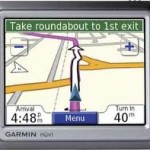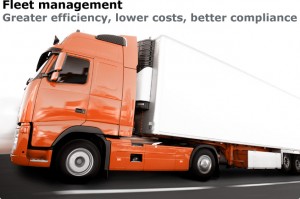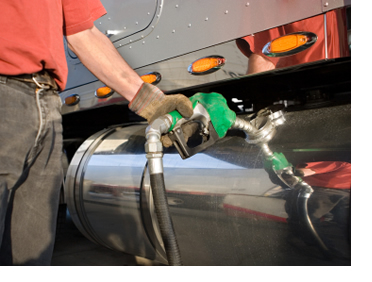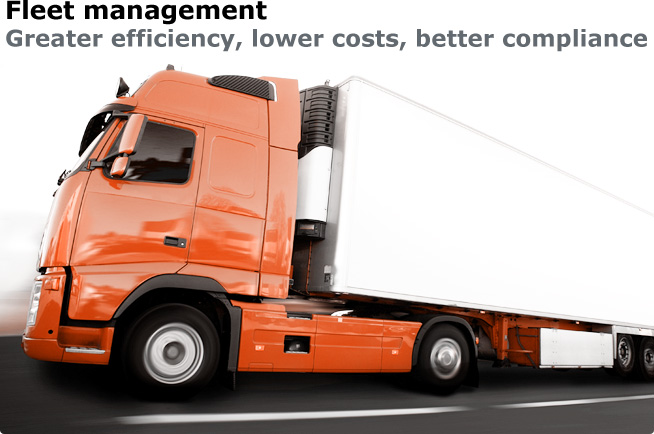- September 22nd, 2010
- Jackson Parker
GPS Fleet Management Systems OK Under New Texting While Driving Laws
 During a summit on distracted driving this week in Washington D.C., U.S. Transportation Secretary Ray LaHood announced new laws restricting mobile phone use and texting specifically geared for truckers. LaHood also announced that a final rule on texting while driving, which affects all commercial drivers, was now “the law of the land.” The rule, which will be effective 30 days after it is published in the Federal Register, essentially codifies current federal enforcement practices. The penalty for conviction is stiff. There is a fine of $2,750 for the truck driver and $11,000 for the carrier. The truck driver can also be disqualified.
During a summit on distracted driving this week in Washington D.C., U.S. Transportation Secretary Ray LaHood announced new laws restricting mobile phone use and texting specifically geared for truckers. LaHood also announced that a final rule on texting while driving, which affects all commercial drivers, was now “the law of the land.” The rule, which will be effective 30 days after it is published in the Federal Register, essentially codifies current federal enforcement practices. The penalty for conviction is stiff. There is a fine of $2,750 for the truck driver and $11,000 for the carrier. The truck driver can also be disqualified.
During the rulemaking process, FMCSA modified its definition of what “texting” is and what it isn’t. OOIDA’s public comments on the issue urged FMCSA to make distinctions about texting with devices such as GPS fleet management systems, smart phones and laptops. The Association contends that many small-business truckers use phones or laptops for GPS navigation or other functions not related to typing, texting or e-mail. Therefore, those devices should not be completely banned for truck drivers.
FMCSA incorporated some of those distinctions in its final texting rule. According to FMCSA, texting does not include:
“Reading, selecting, or entering a telephone number, an extension number, or voicemail retrieval codes and commands into an electronic device for the purpose of initiating or receiving a phone call or using voice commands to initiate or receive a telephone call; inputting, selecting or reading information on a global positioning system or navigation system; or using a device capable of performing multiple functions (e.g. fleet management systems, dispatching devices, smart phones, citizens band radios, music players, etc.) for a purpose that is not otherwise prohibited in this part.”























